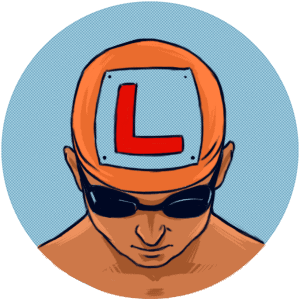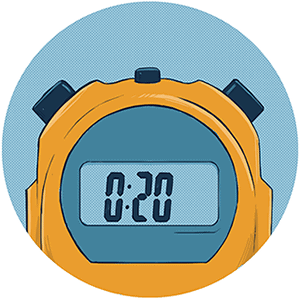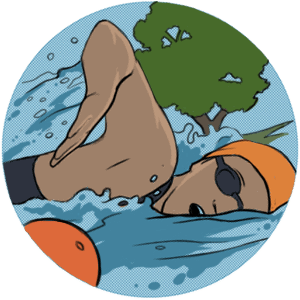What we do:
Health

The World Health Organisation defines Health as ‘…a state of complete physical, mental and social well-being and not merely the absence of disease or infirmity’.
We are biased, but swimming and aquatic exercise are great and can help with all 3 of these elements. The more people we help with their goals and aims, the more amazing things we hear about how it benefits people.
Our health swimmers have come to us with a number of different physical health conditions such as:
- arthritis
- back pain (see the articles we wrote for BackCare, the charity for back and neck pain, on the benefits of swimming pages 6-7 and benefits of aquatic exercise pages 8-9)
- fibromyalgia
- sciatica
- diabetes
- stroke
- high blood pressure
- asthma
It has been fantastic to share with them the improvements that swimming/aquatic exercise has on their lives. As you can see from the articles we’ve linked to in this paragraph, swimming and aquatic exercise can lead to improvement in pain management, flexibility, strength, posture, and functional movement.
Sometimes these conditions have affects on our psychological and social wellbeing too. Only after a few sessions with us, our swimmers have reported various things that swimming or aquatic exercise has helped them with such as building their confidence, reducing or helping to manage their stress, helping them to relax, and improving their sleep.
As for the social benefits, you’ll find that it may open up more opportunities, such as being able to go swimming with your friends, partner, children or grandchildren, taking part in events at work, and meeting new people.
As a health swimmer you might be suitable for any of our services.
If you’re unsure where to start, please contact us to talk through your needs and aims to see how we can support you.
What our health swimmers say:
🏊🏽♀️ “I would recommend swimming to anyone with a back problem whether you are good swimmer or a learner, like me. My fitness levels before I started were not good. I was extremely overweight and in a slight depressed state and because of this I struggled to exercise. Since starting to swim, I no longer take anti-inflammatory tablets to ease the pain, I have lost weight and my fitness levels are at an all time high. I was rather amazed how such a low impact exercise could take away constant pain; which in turn emotionally eases stress. It’s a fantastic all round exercises and certainly the best medicine for my back pain I have ever had. “
🏊🏿♂️ “Following an accident 8 years ago, I have a prolapsed disc at L5/S1 with bilateral sciatica – treated with surgery (microdiscectomy) in 2005. I am much recovered, but still experience intermittent mobility problems and (nerve) pain.
Before my back injury I was a regular and technically strong swimmer knowing all of the basic strokes. However after my injury I felt that I couldn’t move around the swimming baths safely. After a reasonable recovery period post-surgery, I tried swimming again, but only after a couple of lengths this aggravated my symptoms and I found myself stuck in the pool! I felt confused that I had problems swimming as it is acknowledged to be good for back injuries.
I’ve been having lessons for a year and I can really notice the difference. Initially the lessons were focused around maintaining a correct posture within my stroke to help prevent my symptoms from flaring up. Now I’m working on increasing my speed and endurance, and on tumble turns! My improved technique means I can enjoy swimming and participate for fun (and fitness). Last September I was able to swim confidently in the sea on holiday a real treat as I hadn’t thought I’d ever be able to do this again.”
🏊🏻♀️ “I fractured my foot running and was advised by my Consultant to take up swimming as an alternative exercise, as it didn’t put pressure on my joints. I found it a little embarrassing that as an adult I didn’t know how to swim.
Every week I learn something new, whether its a new stroke or a new way to refine my technique. I have noticed my stamina improve also.
I feel like a confident swimmer now, when I had been to swimming pools in the past I would always look at the lane swimmers with envy. I felt self conscious and a little like a fraud for even being in the pool. I couldn’t swim with my head submerged at all, now I can swim confidently under water and have learnt the necessary breathing techniques for front crawl, breast stroke and butterfly. I am so grateful to Swimming Matters for teaching me how to swim, I have now incorporated it into my lifestyle and exercise regime.”




